Asteroids As Divine Messengers: A Mythological Perspective
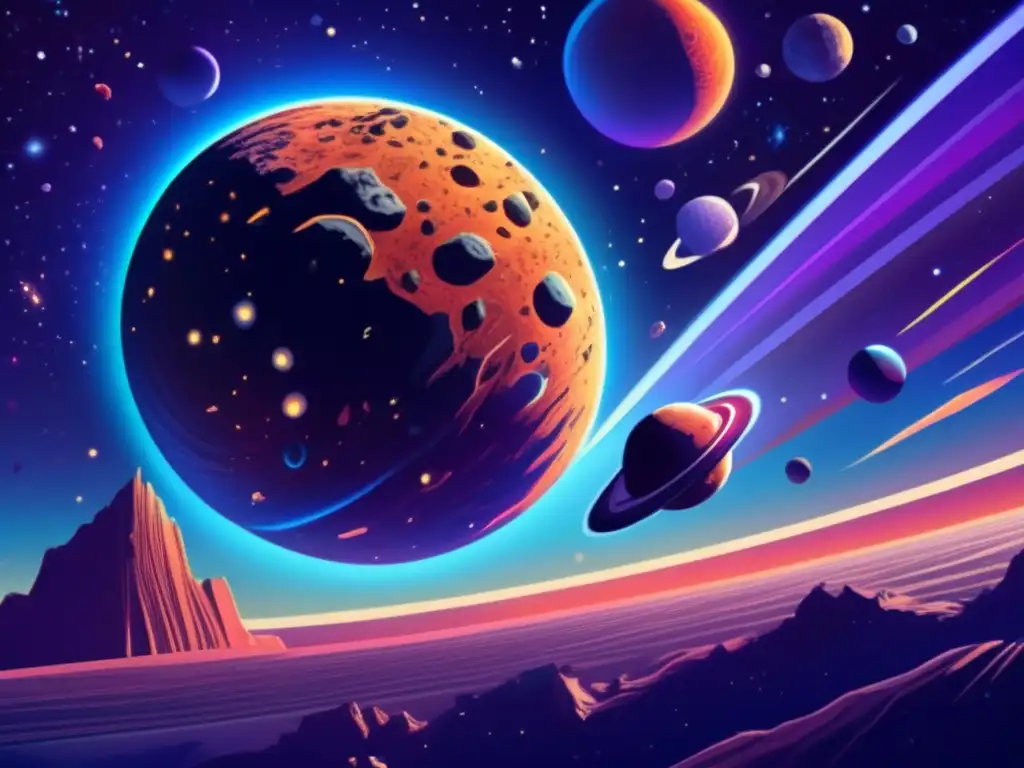
Introduction
Asteroids, those rocky and metallic objects that orbit the Sun, have fascinated humanity since ancient times. These celestial bodies have been the subject of mythical tales, religious interpretations, and scientific scrutiny. In this article, we explore the mythological perspective of asteroids as divine messengers and their significance in different cultures and civilizations.
Asteroids in Ancient Mythology

The Greek God Hermes and His Winged Sandals
In Greek mythology, the messenger of the gods was Hermes, a god associated with commerce, thieves, and travelers. He wore winged sandals that allowed him to fly swiftly and deliver messages between the gods and mortals. Hermes was also known as the protector of shepherds, athletes, and merchants.
The Roman God Mercury and His Caduceus
The Roman equivalent of Hermes was Mercury, who was also known as the god of commerce, communication, and thievery. Mercury carried a caduceus, a staff with two entwined snakes, which he used to guide souls to the underworld and to protect merchants and travelers.
Asteroids in Modern Mythology
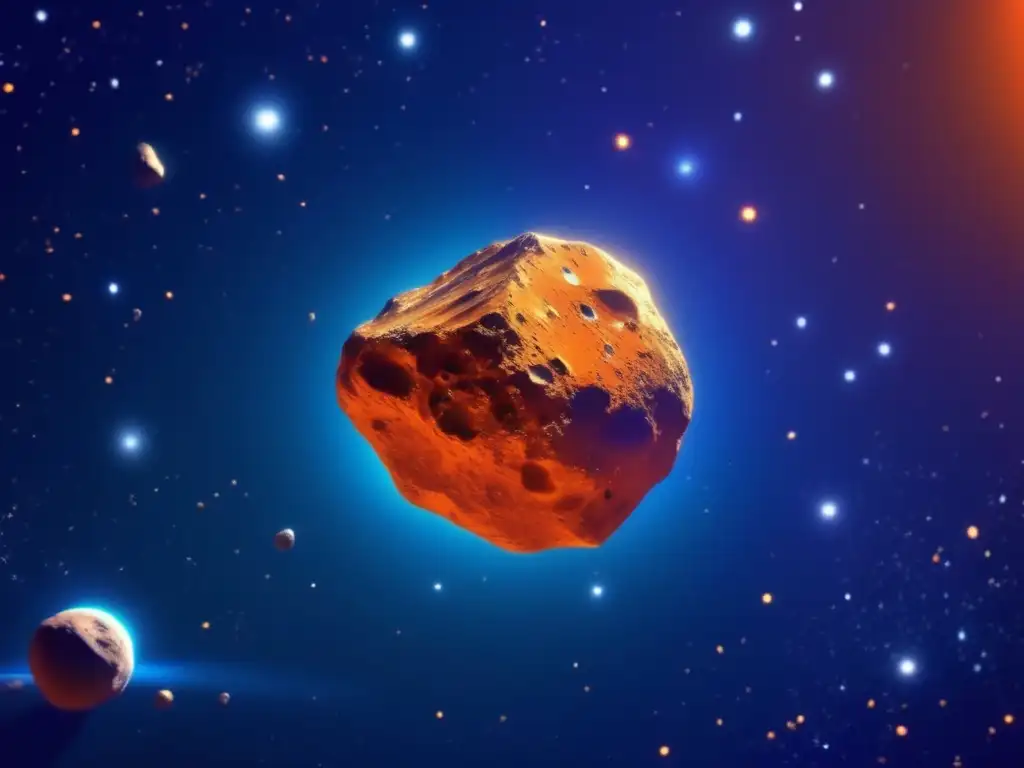
The Asteroid Belt and the Destruction of Dinosaurs
The asteroid belt, located between Mars and Jupiter, is believed to be the remnants of a failed planet formation. This belt is also the source of near-Earth asteroids that occasionally collide with our planet, causing massive destruction. One of the most famous asteroid collisions occurred 66 million years ago when an asteroid, estimated to be 10 km in diameter, hit the Earth, causing the extinction of dinosaurs and other species.
The Rosetta Mission and the Philae Lander
In 2014, the European Space Agency launched the Rosetta mission to study the comet 67P/Churyumov-Gerasimenko. The mission included the Philae lander, which successfully landed on the surface of the comet, providing valuable scientific data on the composition and structure of comets. This mission also shed light on the origin of life on Earth.
The Cultural Significance of Asteroids
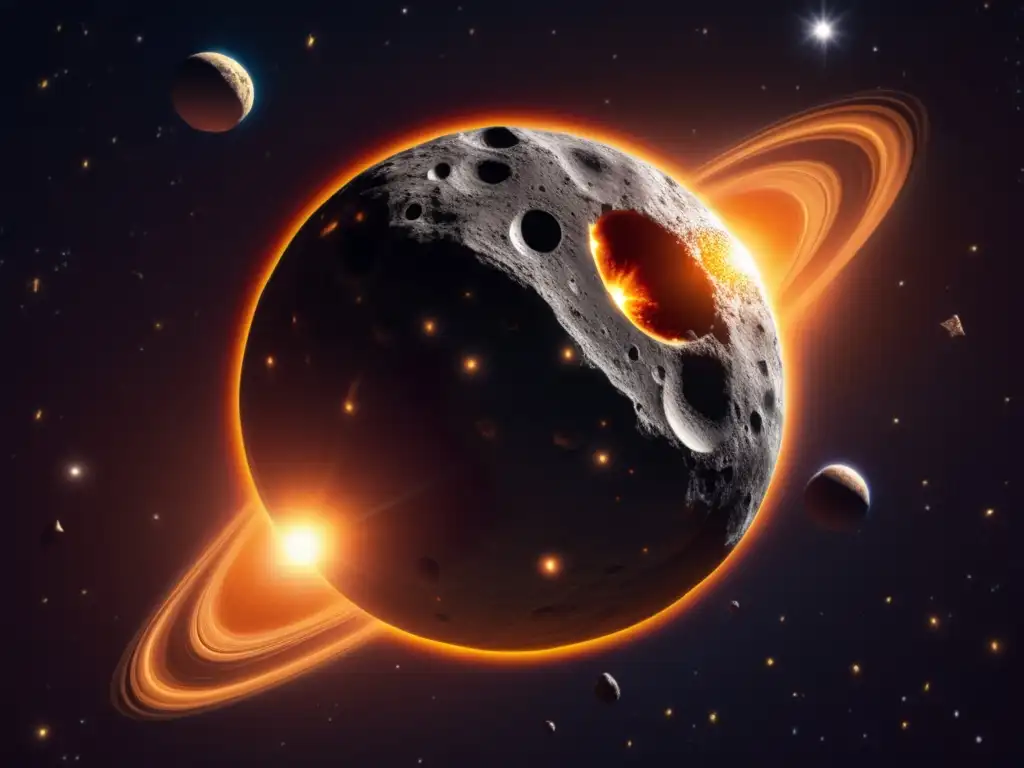
Asteroids in Hinduism
In Hinduism, the asteroids are associated with the Navagrahas, the nine celestial deities that influence human destiny and fate. Each of these deities is associated with a specific planet or asteroid, and their positions at the time of birth determine an individual's horoscope and future.
Asteroids in Chinese Astrology
In Chinese astrology, the asteroids are represented by the twelve animal signs of the Chinese zodiac, each associated with a different element and personality traits. These signs are used to predict an individual's fortune and compatibility with others.
Frequently Asked Questions
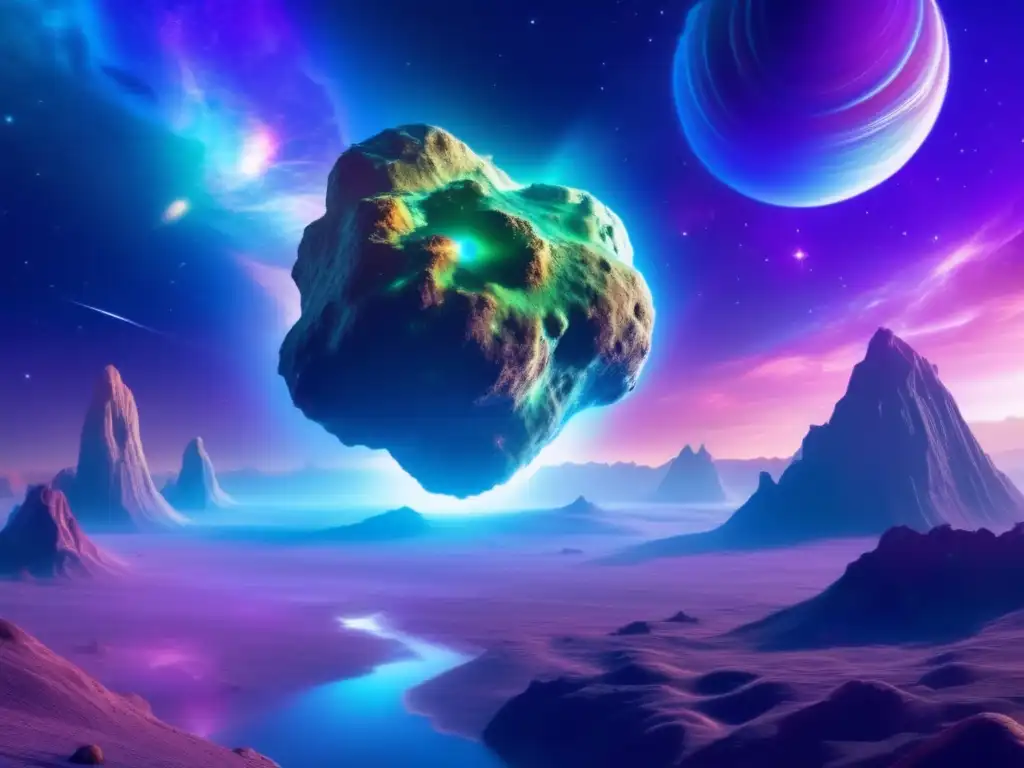
-
Do asteroids have any scientific significance?
Yes, asteroids provide valuable information on the history and composition of our Solar System and can help us understand the origin of life on Earth.
-
What is the biggest asteroid known to us?
The largest asteroid in the asteroid belt is Ceres, which has a diameter of about 590 miles (940 kilometers).
-
Can an asteroid collision with Earth cause an apocalypse?
While a large asteroid impact can cause massive destruction, it is unlikely to cause the end of the world or human civilization. However, it is important to study and monitor asteroids to prevent any potential threats.
-
Are there any plans to mine asteroids for resources?
Yes, several private space companies are planning to mine asteroids for valuable resources such as water, precious metals, and minerals. However, this technology is still in its infancy, and it will require significant investment and innovation to make it economically viable.
-
Do asteroids have any cultural significance beyond mythology?
Asteroids have inspired art, literature, and music, and they continue to capture our imagination and curiosity about the universe.
Conclusion
Asteroids have played a significant role in human culture and mythology, representing divine messengers, symbols of fate and destiny, and sources of inspiration. While we continue to explore and study these celestial objects, we should also recognize their cultural significance and the ways in which they have shaped our understanding of ourselves and the universe. Thank you for reading, and we encourage you to share your thoughts and comments below.
Additional Resources
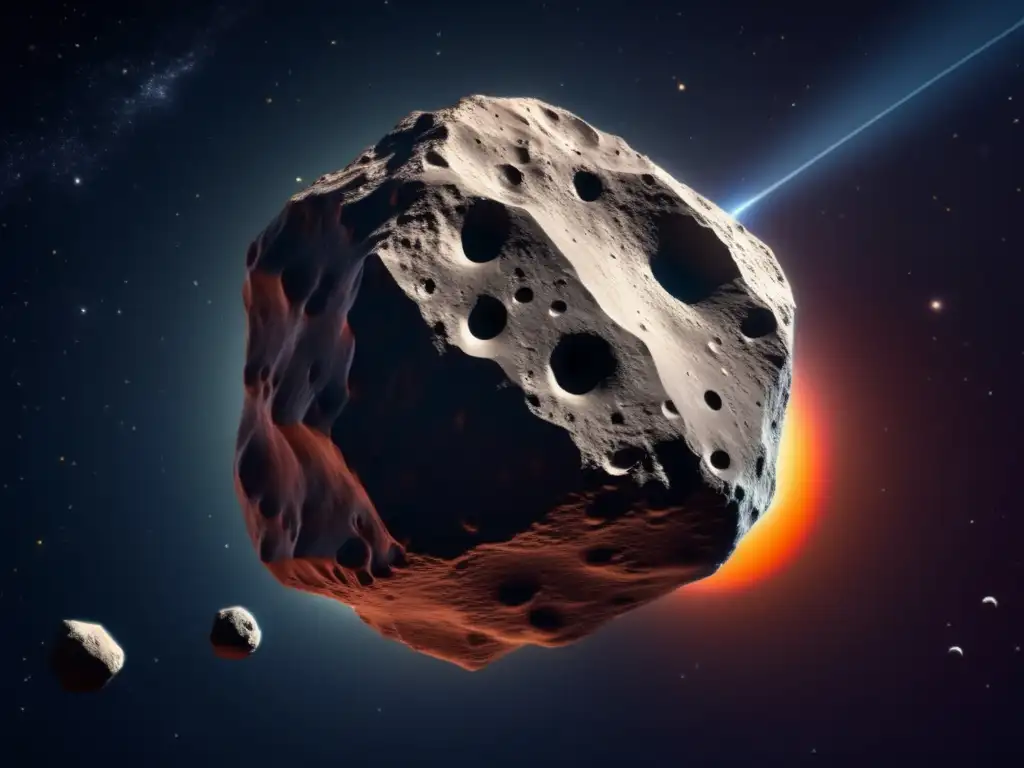
If you are interested in learning more about asteroids and their cultural significance, here are some additional resources that you may find useful:
 The Fallen Sun: Asteroids In Indigenous Brazilian Folktales
The Fallen Sun: Asteroids In Indigenous Brazilian Folktales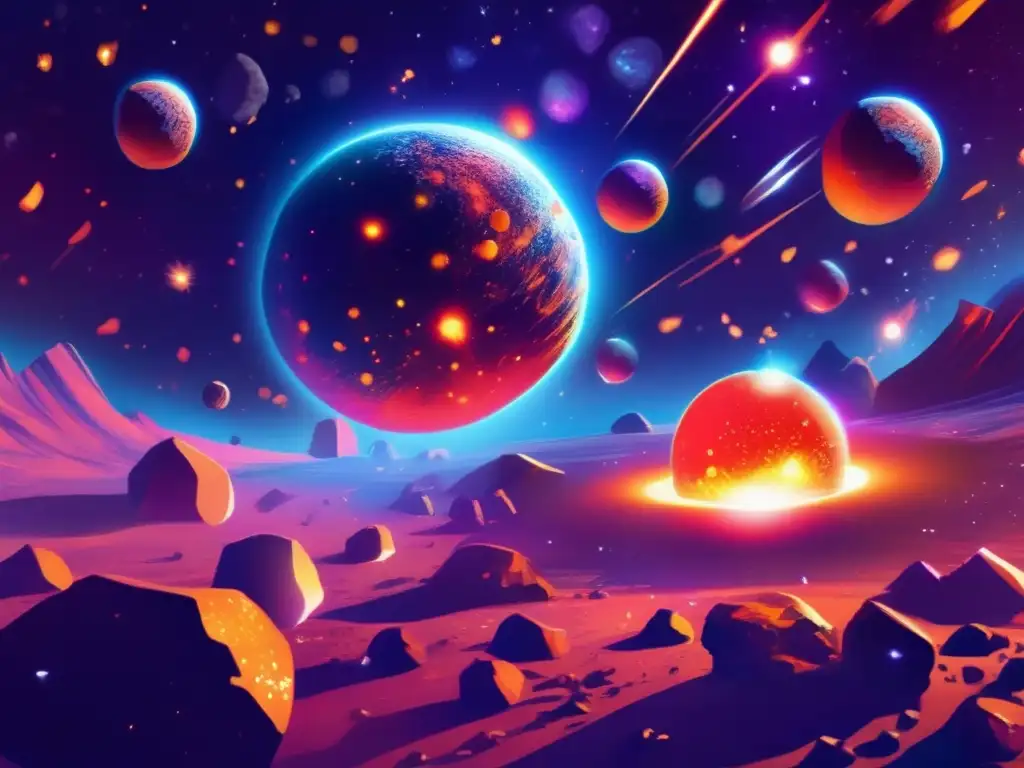 Fire Stones: The Symbolism Of Asteroids In Alchemical Texts
Fire Stones: The Symbolism Of Asteroids In Alchemical Texts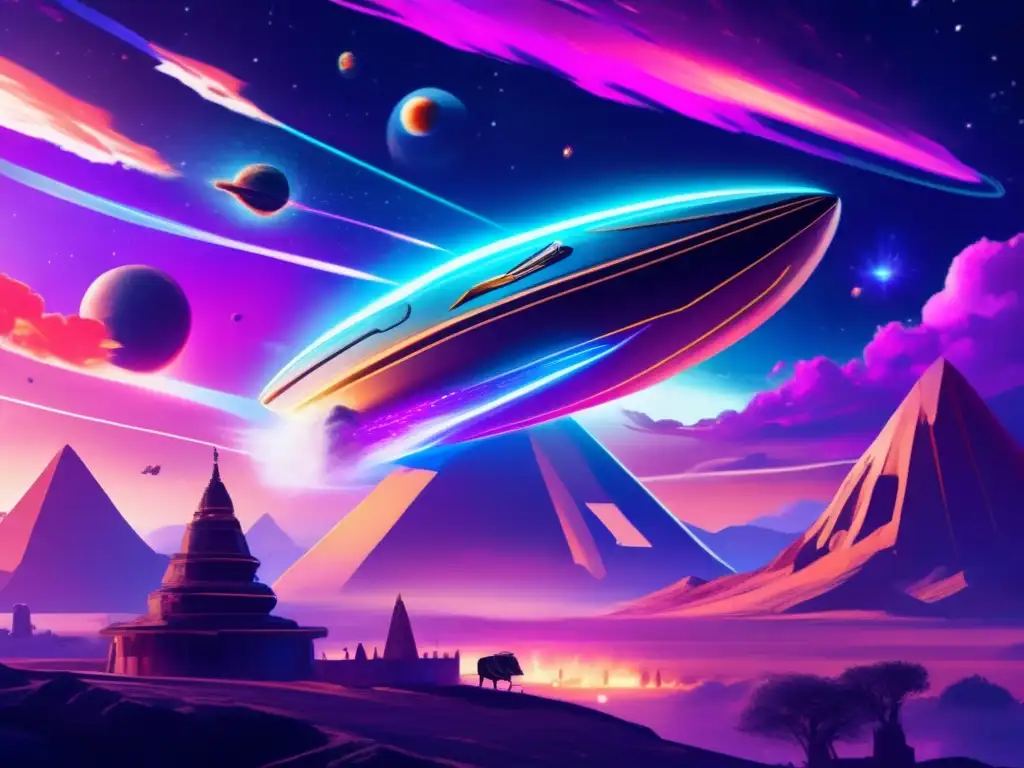 Sky Mysteries: The Role Of Asteroids In Ancient Central Asian Folklore
Sky Mysteries: The Role Of Asteroids In Ancient Central Asian FolkloreIf you want to discover more articles similar to Asteroids As Divine Messengers: A Mythological Perspective, you can visit the Asteroid Mythology category.
Leave a Reply

Articulos relacionados: